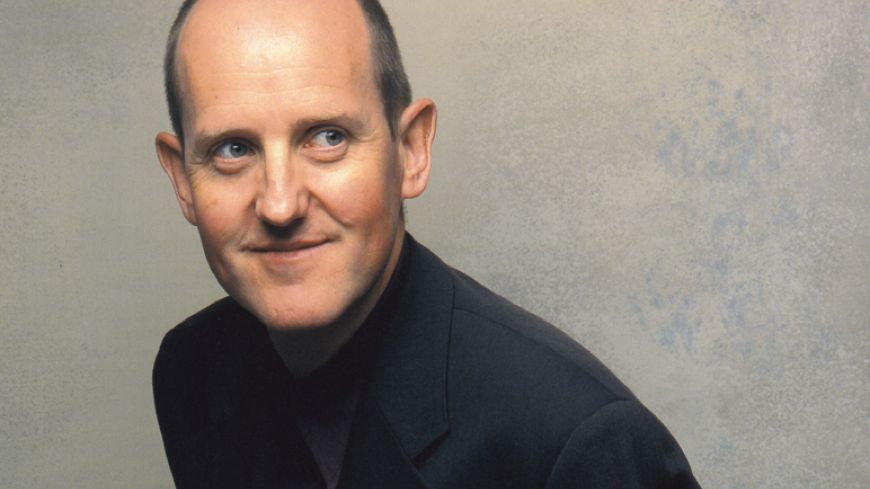
Coming in to a concert from a busy and wintery world outside takes a mental adjustment, and so what better than a thoughtful opening overture. And Gluck’s overture to his first opera for the Paris stage, Iphigénie en Aulide, a tragedy based on Jean Racine’s Iphigénie, was a welcoming and enticing start. The Scottish Chamber Orchestra under the French conductor, Louis Langrée, saw that the opera’s overture was neither too rushed nor tragically slow, as can be the case.
The overture was written in 1774; Beethoven wrote his fourth symphony thirty two years later in 1806. It is not everybody’s favourite, but for me I loved particularly its opening movement with its unexpectedly noisy clonking, the solid drum beats, the calm and its bursting into life. It really does have an influence on me if I sit close to one particular part of an orchestra, and I was fascinated by the double bass - so often hidden behind second violins and cellos - but which played an important and hard working part in this Beethoven Symphony.
The very next year, between his fourth and fifth symphonies, Beethoven composed his Mass in C major for Prince Nikolaus Esterházy. The Prince did not like it, and it is said that this caused Beethoven to storm out of his palace in fury. The fifty four members of the SCO Chorus had been prepared by their chorusmaster Gregory Batsleer, and were in fine voice for the singing of the mass in Latin. And so too were the four soloists, Elena Xanthoudakis, Jurgita Adamonyté, Andrew Staples and Alastair Miles. For me the leader of the pack was the bass, Alister Miles (photo above), who without doubt showed us why he has such a great international reputation.
Beethoven’s Mass in C is not the most popular of mass settings but it was good to hear it. It lacks the fervour and spirituality of others. I have to wonder whether, in the years ahead as fewer concert-goers know Latin or have a church background, the singing of mass settings outwith a chantry will have a place in concert programmes.
Event: Thursday 2 February 2012 at 7.30pm

